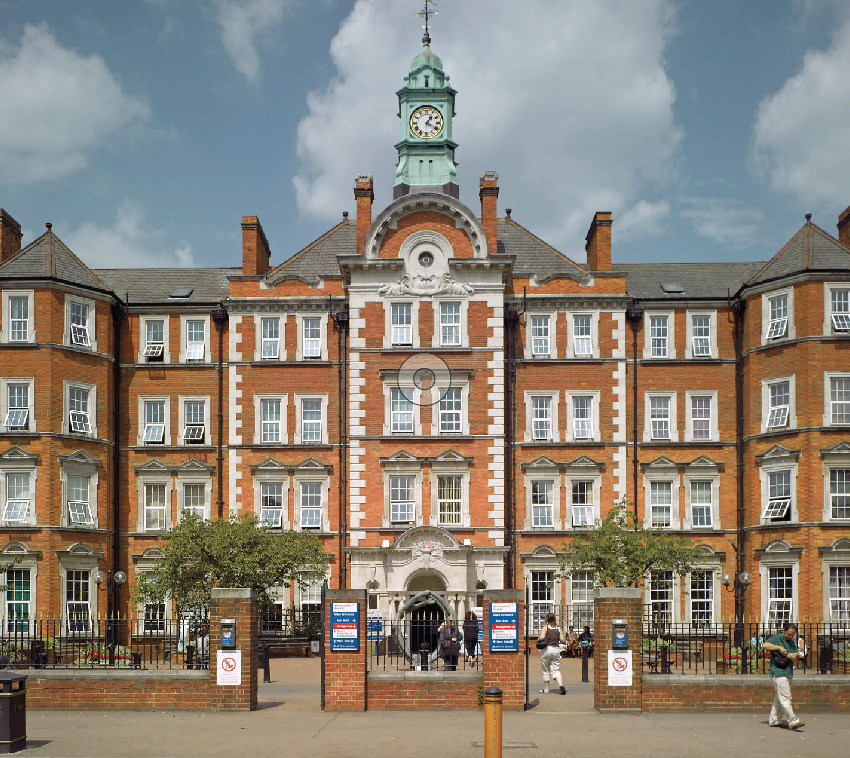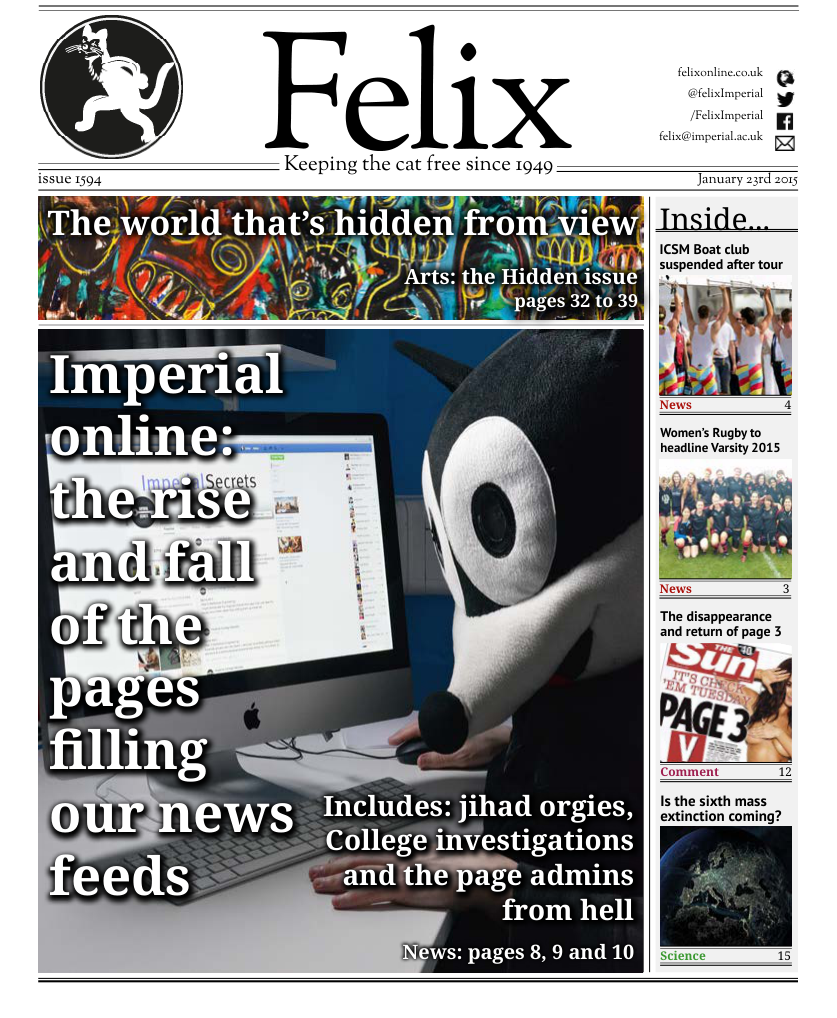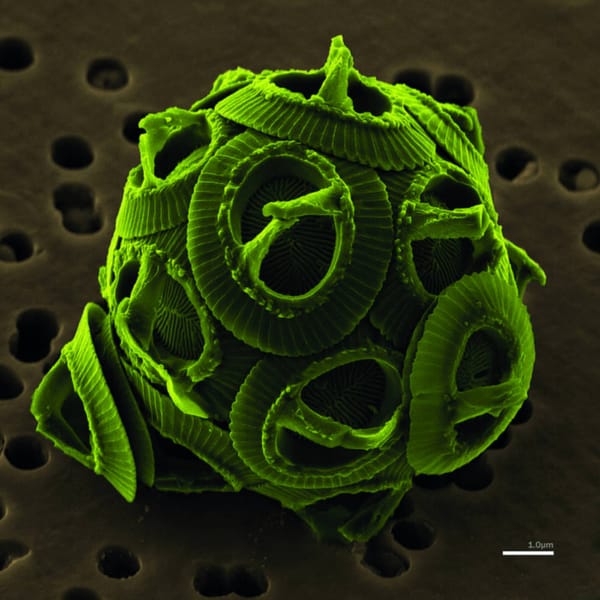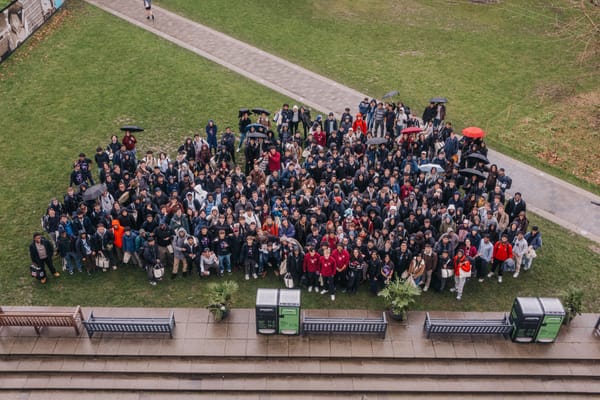First UK organ transplant from a newborn
James Bezer on the new procedure performed at Imperial

The UK’s first organ donation from a newborn baby has been performed at an Imperial College NHS Trust hospital.
The donor, a baby girl, was born after an emergency caesarean at Hammersmith hospital. She was deprived of oxygen during the difficult birth and suffered severe neurological damage. Despite efforts to treat her, doctors soon realised she was brain dead and had no hope of recovery. Six days after birth, her heart finally stopped.
Two patients received tissues from the donor. A patient suffering from renal failure received her kidneys, while another received a donation of hepatocytes, which are cells that make up the bulk of liver tissue.
Dr Gaurav Atreja, consultant neonatologist at Hammersmith hospital said: “It is due to the extreme generosity of the parents and wonderful professional collaboration between the neonatal team and the organ donation team that this process was successful.
“We know for many families who suffer the heartbreaking loss of a baby or any family member, that the donation of organs, which could help other sick patients to lead healthy lives, can provide a huge sense of comfort.”
This is the first time in the UK that organs have been donated from an infant who was under 2 months old, although similar operations have previously been performed in the USA, Germany and Australia, where guidelines differ.
People who have suffered brain stem death, but whose heart is still beating, are often suitable organ donors. If the heart has stopped the body is no longer receiving oxygen, and tissues will become irreparably damaged very quickly. Donors are often kept on a ventilator to prevent damage to their organs until they can be transplanted.
In the case of very young children however, doctors are required to wait for their heart to stop beating before carrying out the transplant, as their nervous system is not sufficiently developed for doctors to be certain that their brain is no longer functioning. Unfortunately, this means that the blood supply to their organs is cut off for a time, risking long term damage that would make them unsuitable for transplanting into another patient.
Although it’s extremely rare for approval to be obtained to use organs from very young babies, a 2014 study by Great Ormond Street Hospital found that up to half the newborns who died in their intensive care facility could be eligible to donate organs. A review into the current guidelines, which prohibit doctors from diagnosing brain death in newborns, will be published by the Royal College of Paediatrics and Child Health later this year.









